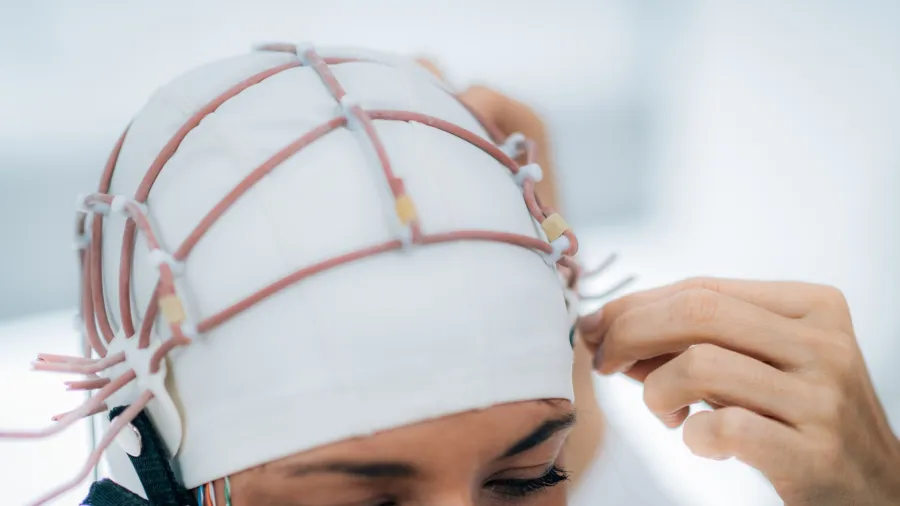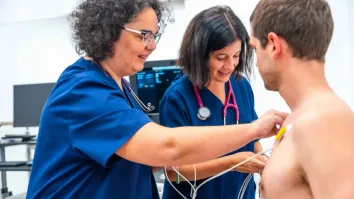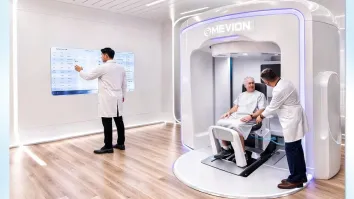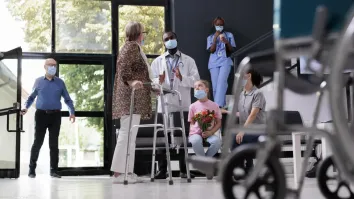
Wireless brain sensors market to grow 9% CAGR by 2030
However, high costs and data security concerns may impede its expansion.
The global wireless brain sensors market is projected to advance at a compound annual growth rate (CAGR) of approximately 9% through 2030, according to DelveInsight.
The sector’s growth is attributed to the increasing occurrence of neurological disorders such as dementia and epilepsy.
In addition, rising cases of traumatic brain injuries worldwide and an expanding elderly population serve as drivers for the market’s expansion.
The market is also influenced by recent innovations in neurotechnology, such as sensor miniaturisation and biocompatibility advancements, which are expanding applications from clinical environments to home healthcare settings.
“Companies are investing heavily in research and development to introduce more sophisticated, accurate, and user-friendly devices, which in turn accelerates market growth,” the report said.
However, high development costs could hinder the market’s further potential by limiting the accessibility of advanced wireless brain sensors.
Furthermore, data privacy and security pose significant concerns, as these devices generate and transmit sensitive neurological data, highlighting the need for strong cybersecurity measures to protect patient information.



















 Advertise
Advertise






